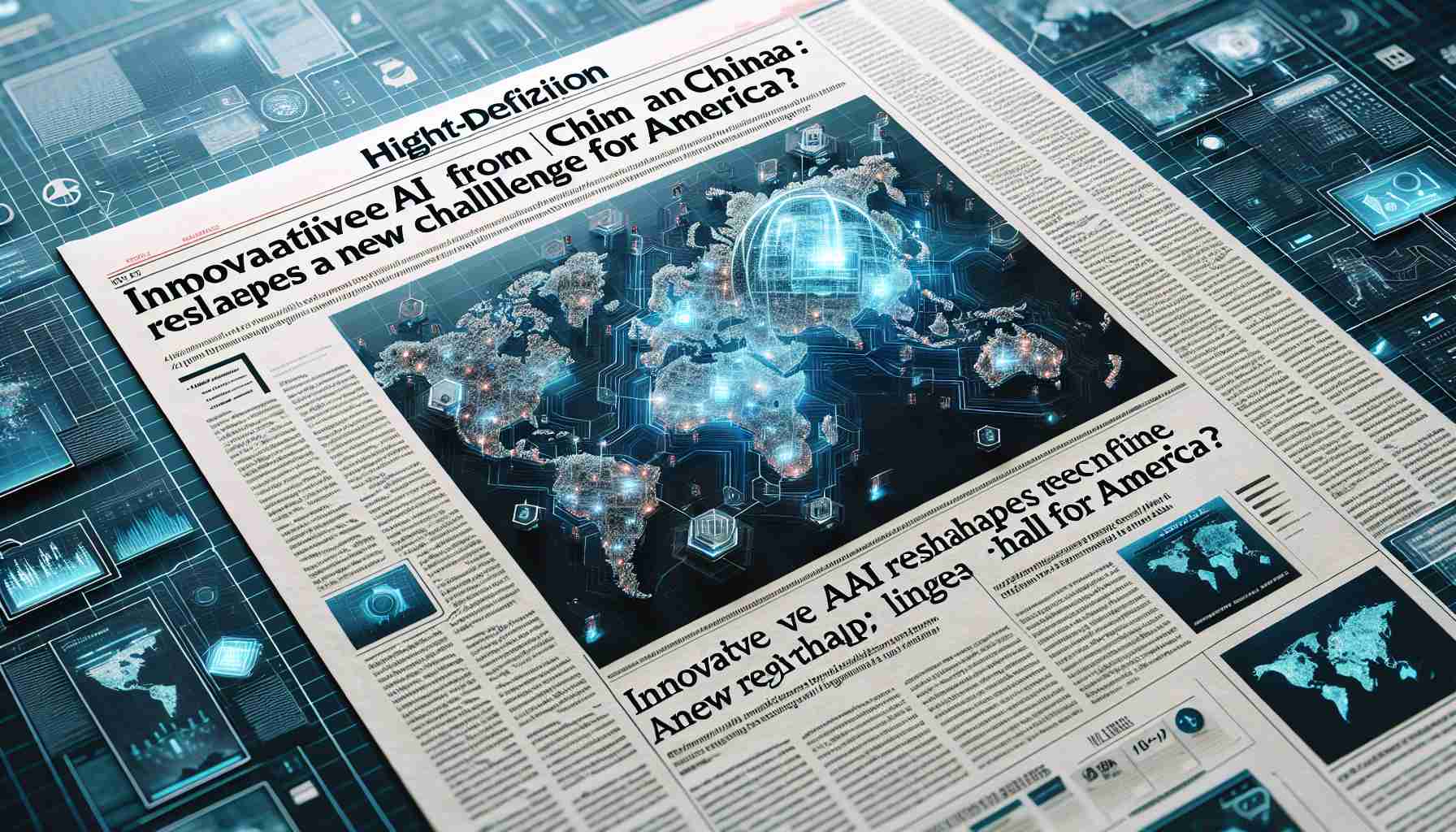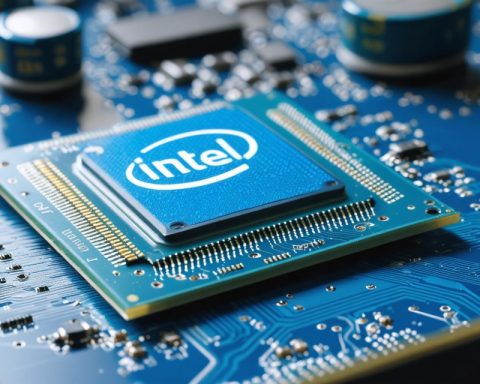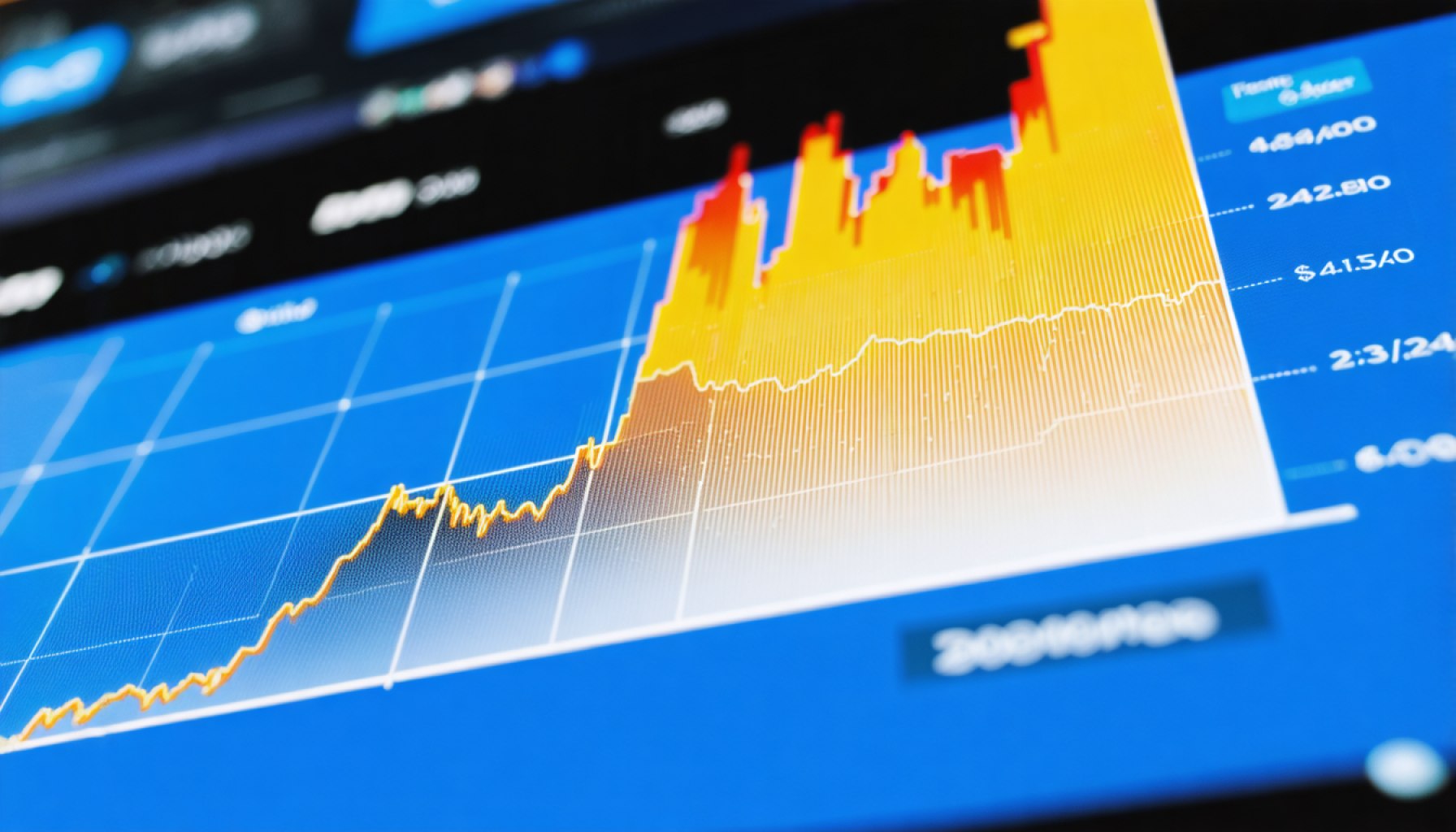The Rise of Deepseek’s AI
The recent launch of the Chinese AI model by Deepseek has raised eyebrows across the American tech industry. Observers suggest this development may indicate a shift in the competitive landscape of artificial intelligence.
Former President Donald Trump emphasized the significance of this new model, stating that its arrival should serve as a significant wake-up call for American businesses. He expressed concern that U.S. industries must focus intensely to remain competitive amidst this burgeoning challenge from China.
Deepseek’s AI model has garnered attention for being on par with the performance of leading American models, such as ChatGPT. However, it stands out by being more cost-effective and requiring less advanced processing technology to function effectively.
As companies in the U.S. grapple with the implications of this emerging technology, the question remains: can they innovate quickly enough to retain their dominance in the field of AI? With pressure mounting from international competitors like Deepseek, the stakes have never been higher for American firms to adapt and evolve.
This situation underscores a critical juncture for the future of technology, innovation, and competitive integrity as the global stage continues to shift. As we move forward, the landscape of AI could very well be transformed in ways we are only beginning to understand.
The Broader Impacts of Deepseek’s AI Model
The emergence of Deepseek’s AI model is not just a technological development; it signifies a pivotal moment in the shifting dynamics of global innovation. As U.S. companies face intensified competition from Chinese advancements, the implications resonate beyond the tech sector, influencing national security, economic stability, and cultural attitudes toward technology.
China’s aggressive push into AI technology could further entrench a two-tier system in the global economy, where countries with access to advanced AI reap significant economic benefits. The disparity in AI capabilities could widen the gap between developed and developing nations, reshaping labor markets and economic opportunities worldwide. If AI adoption accelerates in China, the potential for job displacement and economic upheaval in vulnerable sectors across the globe must be considered.
Moreover, environmental impacts cannot be overlooked. AI technology requires substantial energy resources, and as competition heats up, the drive for faster and cheaper production may lead to increased carbon footprints unless sustainable practices are prioritized.
Looking forward, one can anticipate a surge in collaborative efforts aimed at establishing international standards for AI that address ethical, environmental, and security concerns. As the race for AI dominance evolves, it will undoubtedly require a collective approach to ensure that its benefits are distributed equitably and responsibly across the globe.
The Unexpected Disruption: Deepseek’s AI Signals New Era for Global Tech
The Rise of Deepseek’s AI
The launch of Deepseek’s artificial intelligence model has not only stirred interest but also sparked a competitive rush within the technology sector, particularly among American firms. This development signifies a potential shift in the global artificial intelligence landscape, which could have far-reaching implications for innovation and market dynamics.
How Deepseek’s AI Compares to American Models
Deepseek’s new AI model has reportedly achieved performance metrics that rival established U.S. AI platforms such as OpenAI’s ChatGPT. However, it presents a unique advantage: it is more cost-effective and operates efficiently with less advanced processing technologies. This efficiency could disrupt pricing strategies and development timelines, compelling American companies to reassess their approaches to AI development.
Pros and Cons of Deepseek’s AI
Pros:
1. Cost-Effectiveness: Deepseek’s AI is designed to function using less expensive processing technology, potentially lowering operational costs for businesses that adopt it.
2. Performance: The AI model’s capabilities stand shoulder to shoulder with leading systems, making it a viable alternative for organizations seeking robust AI solutions.
3. Accessibility: By using less advanced technology, Deepseek enables wider access, which could democratize the use of powerful AI across various sectors.
Cons:
1. Data Security Concerns: With the rise of technology from a state-controlled entity, issues related to data privacy and security could be a concern for companies adopting the model.
2. Innovation Stagnation: The fear of competition might lead to rushed development cycles within U.S. firms, potentially sacrificing quality for speed.
3. Ethical Implications: The implications of using AI models developed within different regulatory environments could pose ethical dilemmas for companies in the U.S. and other nations.
What Experts Predict
Market analysts predict that as AI technology continues to evolve, competition will intensify, particularly in areas such as natural language processing and machine learning. The emergence of Deepseek’s AI could prompt American firms to allocate more resources toward research and development to maintain their competitive edge. Additionally, the focus may shift towards innovation in ethical and responsible AI deployment.
Insights on Sustainability and Security
Sustainability and security will become paramount in the discussions surrounding the adoption of new AI technologies. Deepseek’s emphasis on cost-effective solutions may lead to innovations in how AI models are built and deployed sustainably. Furthermore, companies will need to prioritize cybersecurity measures to mitigate potential vulnerabilities introduced by adopting foreign technology.
Future Innovations and Trends
As the landscape evolves, industry leaders are anticipating innovations in AI that prioritize collaboration between companies, regardless of geographic location. This approach could lead to a more integrated global AI ecosystem, where advancements are shared across borders, ultimately benefiting society.
Conclusion
Deepseek’s introduction of its AI model is more than just a technological advancement; it is a clarion call for U.S. firms to innovate and adapt. As the global competition heats up, the ability to respond swiftly to emerging trends will determine the future of American industry in the AI sector. The stakes are high, and the world is watching to see how this challenge unfolds.
For more insights into the evolving tech landscape and emerging technologies, visit TechCrunch.










